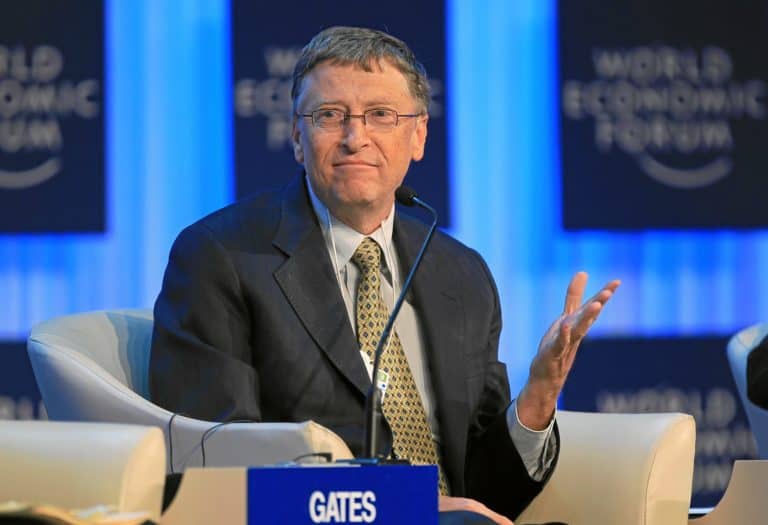In a recent blog post, Microsoft co-founder Bill Gates expressed his belief that artificial intelligence (AI) is the most significant technological advance in decades, comparing it to the creation of the microprocessor, personal computer, internet, and mobile phone.
Gates stated that AI would fundamentally change the way people work, learn, travel, receive healthcare, and communicate with each other.
Gates highlighted the development of the AI-powered chatbot, ChatGPT, as an example of AI’s potential. ChatGPT, created by OpenAI, is programmed to answer questions online using natural, human-like language.
Gates was impressed by OpenAI
Microsoft recently invested billions of dollars in OpenAI. However, ChatGPT is not the only AI-powered chatbot available, with Google’s rival Bard recently introduced.
Gates revealed that he had been meeting with OpenAI since 2016 and challenged the team in 2022 to train an AI that could pass an Advanced Placement (AP) Biology exam without specific training in Biology. The AI achieved a near-perfect score, missing only one mark out of 50.
Gates was impressed with the AI’s ability to write a thoughtful response to a father with a sick child and described it as the most significant technological advance since the graphical user interface. While Gates acknowledged the potential of AI to save lives and improve productivity, he also called on governments to work with the industry to “limit the risks” of AI.
AI could solve some of our biggest problems
Gates emphasized the importance of a targeted approach to AI technology and called on governments and philanthropy to ensure that AI is used to reduce inequity.
He suggested that AI could complete repetitive tasks, such as paperwork and note-taking, and help health workers in developing countries be more productive.
Gates believes that AI technology will lead to similar advancements to the graphical user interface and has the potential to help solve some of the world’s biggest problems. However, he emphasized the importance of responsible AI development and implementation to ensure that AI is used for the greater good.
